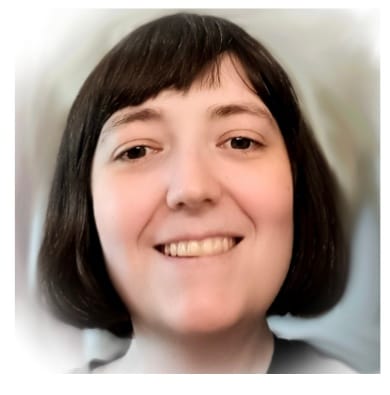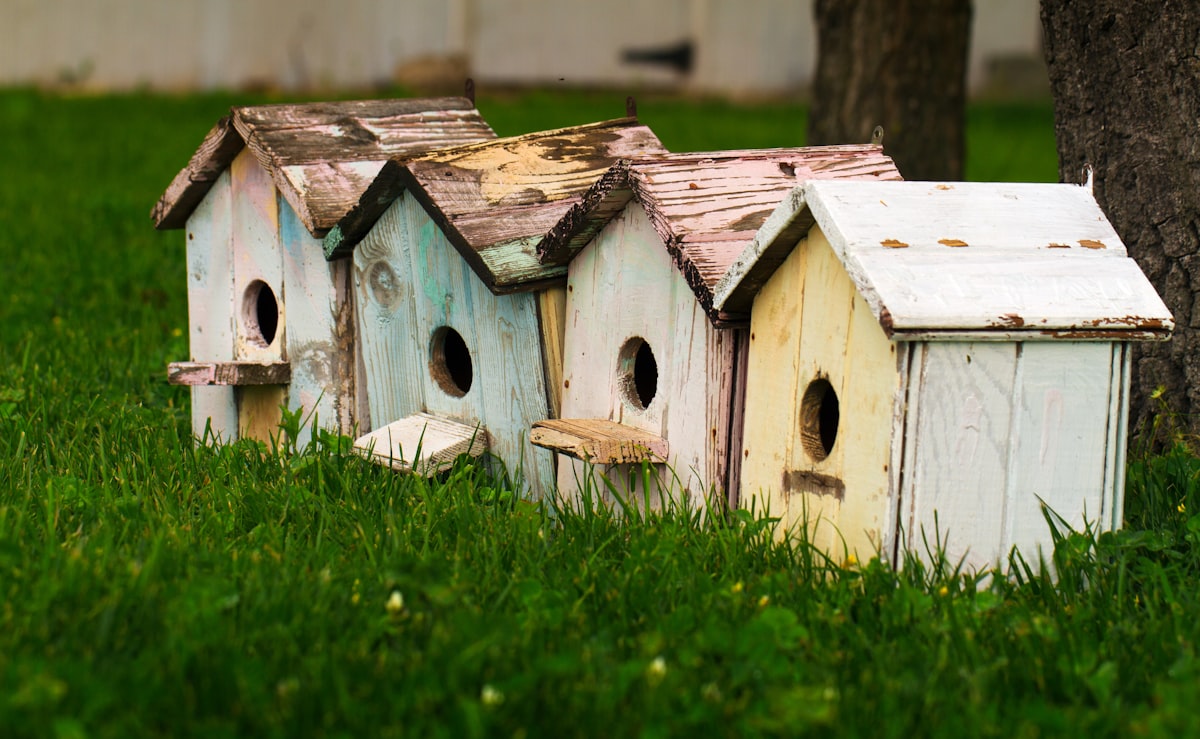A review of ‘Bradshaw On: The Family’ by John Bradshaw
Written By Amanda Melheim
In polls, between 70 to 80% of Americans say they come from a dysfunctional family.
I know I come from a dysfunctional family. Really painful stuff happened when I was growing up and I never felt like my parents were there for me. Every time something bad happened it seemed like it was my fault.
But I’m an adult now. Can’t I just leave it behind? How come advice like “toughen up” and “move on” doesn’t work?
I held everything in to stop bothering everyone, especially my best friend. But Bradshaw On: The Family taught me why that approach is wrong.
John Bradshaw discusses the vast body of research about how families work, what family dysfunction can look like, and how to heal from family dysfunction for real.
Families Are Like Micro-Countries
When we’re growing up, we say, “I live in America!” or “I live in England!” or “I live in Japan!” and then we list our provinces or prefectures, our cities and towns, our street addresses, and so on. But that’s not quite true. We really live within our families.
John Bradshaw explains the importance of learning about our families in a conscious, adult way and putting together the pieces.
While we’ve always known that our families influence us, we’re now discovering that the influence is beyond what we had imagined. We now understand that families are dynamic social systems, having structural laws, components and rules.
The most important family rules are those that determine what it means to be a human being.
Break those rules and your own family doesn’t see you as human anymore. That accounts for so much tragedy in the world for any child growing up “different”. Break the family rules and you’re a family criminal. You “deserve” punishment because you broke the law.
Families Give You Your First Job
Each person in the family has something they need to do for the family. This is called a family role. They say there’s no child labor in America, which is oversimplified anyway, but on top of it, inside the family every child has a job they have to do.
This might not be all bad! Contributing to the family can feel good. Getting good grades, helping cook dinner, doing well in sports, and being good at arts and crafts are all examples of doing something to uplift the family.
But there are scary roles too, like being the Crybaby, the Bad Kid, or the Stupid One. These roles exist to make other family members look good at your expense.
In dysfunctional families, roles can’t be swapped and you can’t negotiate yourself into a new role. No matter what you do, you can’t escape the demands.
So what happens when we get older?
Each person carries the whole family within [themselves]. Individuals tend to exclusively seek relationships with which they have experience. The most impactful relationships a person has are those with [their] family of origin. We almost always choose a partner who bears many of the positive and negative traits of our parents. You may object that you have a relationship that is just the opposite of your parents’ relationship. To choose the opposite is still to be dominated by the original trance.
Once we get locked in the cage, even when we think we’re escaping, we’re actually just running on a treadmill. My abusive ex-husband echoed my family’s beliefs about me back at me, and I didn’t stand up to him because I’d already bought into it when I was a child.
Poisoned with Fear
None of this happened overnight. Like DNA, our parents passed on what they got from their parents.
Family systems help us understand why children in the same family often seem so different. And seeing the family as a system helps us to see how the poisonous pedagogy is carried from generation to generation.
What is the poisonous pedagogy? Bradshaw shares the research of Alice Miller about the enormous cost to children in the way parents enact “traditional” family child rearing advice. The most basic way to say it is that when it’s not safe to be yourself as a child, you lock everything up inside — and then as a parent you ask your own children to do the same. This causes incredible emotional pain over time and unhealthy ways of coping with that pain. People turn to addictions like alcohol, drugs, sex, work, and food to block out their true feelings.
My struggles with overworking and food made so much more sense when I learned this.
I have struggled with my weight for most of my life. It’s only this year that I really feel I have a handle on my relationship with food. It’s taken years of therapy and nutrition education. It’s simple to say “don’t eat your feelings,” but unless you understand your feelings, where they’re coming from, and how to release the pain out of your body, you’re not going to be able to change your habits.
Likewise, overworking can feel to me like agency. “Aha, I can do something about my helpless feelings! I’ll work more!” But all it does it cause chronic pain, exhaustion, and eventually illnesses. We’re not built to never rest. Once I had a sinus infection that lasted three months because I wouldn’t stop to take care of myself. I’ve also landed in the hospital with kidney infections.
Grief is Good
Bradshaw On: The Family made me realize I was trying to manage the pain instead of turning around, facing where I came from, and grieving.
Grief is actually good. It means we’re ready to admit something was wrong when we were growing up. We lost ourselves under the mountain of expectations. We’re grieving for ourselves.
What It Means To Grow Up
Pain and fear keep us locked in our unhappy childhoods. We’re still the hurt children we were back then.
At some point in our lives, we have to grow up if we want to be our own authentic selves.
I want to be the real me. Don’t you? Our own selves are the most precious things we have in this world. We’ve been given an “I,” a “me”!
How do we grow up, though? If it were as easy as wanting to, I wouldn’t have gotten stuck. I thought working hard would make me an adult. It didn’t.
Well, it’s hard to grow up for real, because growing up means boundaries. It means limits. It means not pretending to be all-powerful, like my parents pretended to be.
This is one of the hardest paragraphs in Bradshaw On: The Family to read:
For adult children to grow up and find our identity, we have to give up our delusions of grandeur and our need to control. Our wills have gone astray. We are full of will. We’ve lost our true freedom of choice in our willfulness. We have to give up being absolutizing and willful children and become willing adults. A willing adult lives life within the “limits” of finitude and human possibility. An adult child lives life in polarized grandiosity, either feeling hopeless (a symptom of grandiosity) or feeling godlike.
But Bradshaw doesn’t give this advice lightly. He had to turn and face his dysfunctional family and how he dealt with the pain through alcoholism instead of becoming his true adult self.
We can’t control our addictions on our own. No one does it on their own. My best friend had to help me with my food addiction and my work addiction. For a short time, they became my nutritionist and my boss. This was very humbling, and I hated it, until I realized that along with therapy sessions from my EMDR therapist, I was actually starting to see changes.
Opening my heart and being vulnerable, talking about what really happened in my family, and accepting that humans need help from each other all the time, not just under extraordinary circumstances like leaving my abusive ex-husband, is what saved me. Nothing else did.
The journey to wholeness is a process made up of disenchantment and grieving.
I’m sorry that it has to be this way. It’s heartbreaking. The terror of letting our hearts break scares us away from being able to become our true selves.
But awareness, all by itself, can break the outer shell of denial and thinking we can just cope somehow. And that allows us to turn back and look at our families with new eyes.
Generations of Pain
We’re not the only ones suffering. Our entire families are suffering. Our families have been suffering for a long, long time. Generations, in fact.
The first time I drew a five-generation family map, I was comforted by a new awareness. For the first time I could see that there was something bigger than me or any one person in my family. I saw that I was carrying multi-generational hurt and pain. This is one of the positive aspects of family systems theory — it removes causality and blame. Everyone is responsible and accountable, but no one is to blame.
I am still working on this concept. It’s a big one. That is such a huge restructuring of my family’s narrative, which is all about blame. I was the family scapegoat. For decades, who was to blame was the hamster wheel I was stuck on.
Quitting Our First Jobs
You know how everyone says you always quit your first job? Well, our real first jobs came from our families. And when our families are dysfunctional, the best thing we can do for everyone is to quit.
Family systems theory also challenged me to do something about myself. It suggested that if I quit playing my role in the family system, the system would change.
In my case, the way I said, “I quit!” was extreme due to the ways my family tried to exert pressure on me. When I separated from my ex-husband and eventually got divorced, I also moved to another state and left no address or phone number, then blocked my family on social media, left Facebook to avoid temptations, and made a new email address I also did not give them. Their need to blame me for whatever was happening in their own lives was so great that working it out with them was impossible. I realized that I needed to stop letting them discuss who was to blame.
Conclusion: Real Healing
We can break generational trauma. We don’t have to have our family’s permission to change. We can get help.
I’m still in therapy, and in the four years since I first read Bradshaw On: The Family, I fall back on the concepts he shared in his book every week as I do EMDR therapy to face what it means to come from a dysfunctional family and heal my heart so that I can become an adult for real.
We would like to extend our heartfelt gratitude to Amanda Melheim for kindly providing Smiley Blue with this article.
Amanda Melbeim is a grad student, ulcerative colitis survivor, happily divorced, nerd in EMDR therepy for CPTSD. She writes to entertain and to raise awareness. You can follow Amanda’s work here 👉 Amanda Melheim


Read More Amanda Melheim

Purify The Cycle Of Abuse







